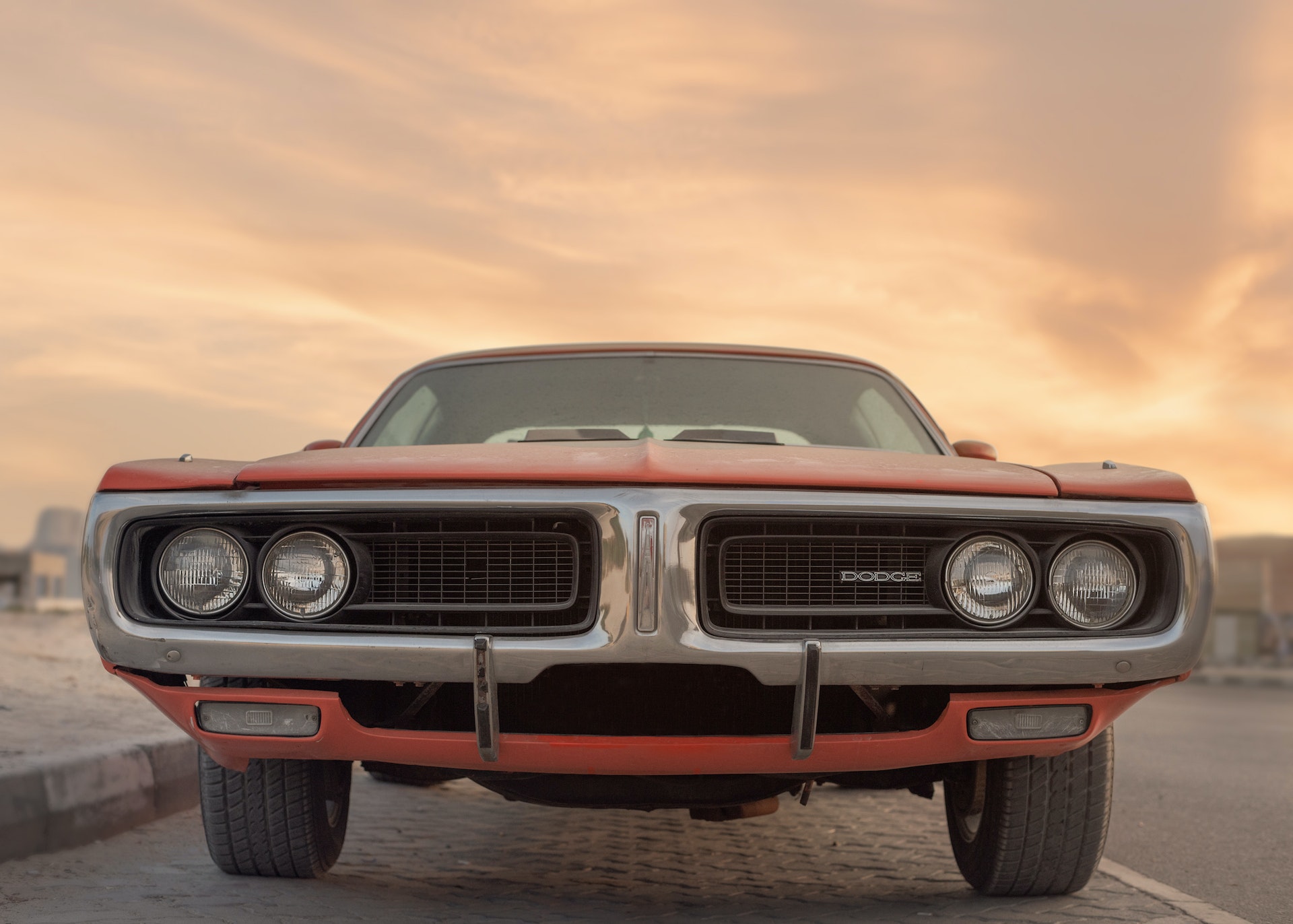Classic cars are a source of pride and joy for many people, and the fuel system is an important part of keeping these cars running smoothly. However, ethanol fuel has become increasingly popular in recent years, and it can have a negative impact on classic car fuel tanks. Find out more about how ethanol fuel affects classic car fuel tanks and what you can do to prevent damage.
What is Ethanol Fuel?
Ethanol fuel is a type of fuel that is made from corn, sugarcane, or other crops. It is often blended with gasoline to create a fuel that is more environmentally friendly than traditional gasoline. Ethanol fuel has become increasingly popular in recent years, and the sale of petrol with E10 ethanol (up to 10% ethanol in petrol) has been permitted in the UK since 2021.
How Ethanol Fuel Affects Classic Car Fuel Tanks
Ethanol fuel can have a negative impact on classic car fuel tanks in a few different ways. Ethanol is a solvent that can dissolve rust and other debris in the fuel tank. This can cause the debris to clog the fuel filter or carburetor, which can cause the engine to run poorly or not start at all.
Ethanol can absorb water from the air, which can lead to corrosion and rust in the fuel tank. This can cause leaks or holes to form in the tank, which can be dangerous if the fuel leaks into hot engine parts.
Finally, ethanol can cause the fuel tank to swell or warp. This is because ethanol can cause the rubber and plastic parts of the fuel system to break down, which can cause the tank to expand or contract. This can cause the tank to crack or break, which can be expensive to repair or replace.
Preventing Ethanol Fuel Damage
The good news is that there are steps you can take to prevent ethanol fuel damage to your classic car fuel tank. The first step is to use a fuel stabiliser that is designed for use with ethanol fuel. This will help to prevent rust and corrosion from forming in the fuel tank, which can prolong the life of the tank.
Another step you can take is to use a fuel additive that contains corrosion inhibitors. These additives can help to prevent corrosion and rust from forming in the fuel tank, which can reduce the risk of leaks or holes forming in the tank.
It is also important to drain the fuel tank if you plan on storing your classic car for an extended period of time. This will help to prevent the ethanol fuel from absorbing moisture from the air, which can lead to corrosion and rust in the fuel tank.
Finally, it is important to choose the right type of fuel for your classic car. Many classic cars were designed to run on leaded gasoline, which is no longer available in the United States. However, there are still fuels available that are designed for use in classic cars, such as high octane unleaded gasoline that contains no ethanol.
Ethanol fuel can have a negative impact on classic car fuel tanks, but there are steps you can take to prevent damage. By using a fuel stabiliser, fuel additive, and choosing the right type of fuel, you can help to prolong the life of your classic car fuel tank and keep your car running smoothly for years to come.





